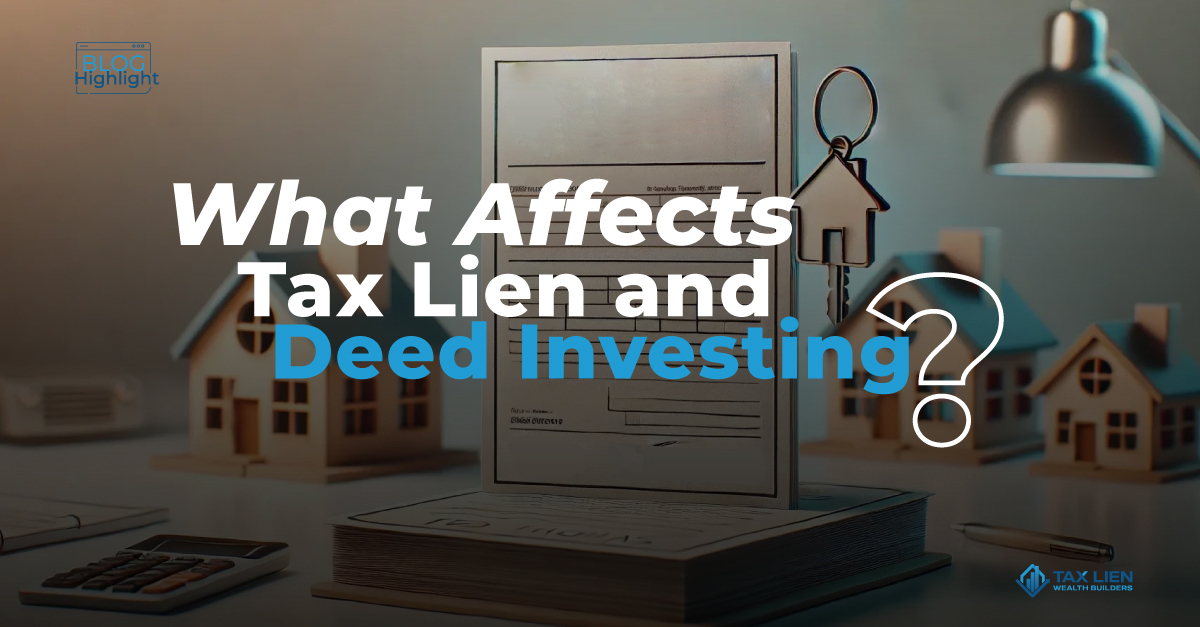All Categories
Featured
Table of Contents
Tax obligation lien investing can offer your portfolio direct exposure to realty all without needing to actually own property. Specialists, however, say the process is made complex and caution that beginner financiers can easily get burned. Below's whatever you require to understand about spending in a tax obligation lien certificate, consisting of how it functions and the threats included.
The notification generally comes before harsher actions, such as a tax obligation levy, where the Internal Earnings Service (INTERNAL REVENUE SERVICE) or local or community governments can really confiscate somebody's building to recoup the financial debt. A tax lien certification is developed when a homeowner has failed to pay their taxes and the local federal government concerns a tax lien.
Tax obligation lien certifications are commonly auctioned off to financiers seeking to profit. To recover the overdue tax bucks, municipalities can then sell the tax lien certification to exclusive capitalists, who deal with the tax obligation expense in exchange for the right to gather that money, plus rate of interest, from the homeowner when they ultimately pay back their balance.
Tax Lien Certificate Investing
enable the transfer or assignment of delinquent property tax liens to the economic sector, according to the National Tax Lien Association, a nonprofit that represents governments, institutional tax lien capitalists and servicers. Below's what the process appears like. Tax obligation lien capitalists need to bid for the certification in a public auction, and just how that procedure works depends on the details town.
Contact tax obligation authorities in your area to ask exactly how those overdue tax obligations are gathered. The community develops an optimum price, and the prospective buyer providing the most affordable passion rate underneath that optimum wins the auction.
Other winning bids go to those that pay the highest money quantity, or premium, above the lien quantity. What happens next for capitalists isn't something that occurs on a stock market. The winning bidder needs to pay the entire tax costs, including the overdue financial debt, passion and fines. Then, the investor has to wait up until the homeowner pay back their whole equilibrium unless they do not.
While some investors can be compensated, others could be caught in the crossfire of complex guidelines and technicalities, which in the worst of circumstances can cause substantial losses. From a mere profit standpoint, the majority of financiers make their cash based upon the tax obligation lien's rates of interest. Rate of interest prices vary and depend upon the territory or the state.
Revenues, nonetheless, do not always amount to returns that high during the bidding process. Ultimately, many tax obligation liens acquired at auction are cost rates in between 3 percent and 7 percent across the country, according to Brad Westover, executive supervisor of the National Tax Obligation Lien Association. Before retiring, Richard Rampell, formerly the president of Rampell & Rampell, an accountancy company in Palm Beach, Florida, experienced this firsthand.
Are Tax Liens A Safe Investment
After that huge institutional financiers, consisting of financial institutions, hedge funds and pension plan funds, chased those higher returns in auctions around the country. The bigger investors assisted bid down rate of interest prices, so Rampell's group wasn't making substantial money anymore on liens.
That seldom occurs: The tax obligations are usually paid prior to the redemption date. Liens additionally are first eligible payment, also before mortgages. Nevertheless, tax liens have an expiry day, and a lienholder's right to confiscate on the residential property or to accumulate their investment runs out at the same time as the lien.
"Occasionally it's 6 months after the redemption period," Musa states. "Don't assume you can simply purchase and forget it." Specific financiers that are considering financial investments in tax liens should, most importantly, do their research. Professionals recommend staying clear of buildings with ecological damage, such as one where a gas terminal disposed harmful material.
Tax Lien Real Estate Investing
"You ought to truly recognize what you're getting," claims Richard Zimmerman, a companion at Berdon LLP, an accounting company in New York City. "Recognize what the residential property is, the neighborhood and values, so you do not buy a lien that you will not have the ability to collect." Potential financiers must also look into the building and all liens against it, along with current tax sales and price of similar buildings.
Keep in mind that the information you discover can commonly be obsoleted. "Individuals obtain a list of residential or commercial properties and do their due diligence weeks prior to a sale," Musa states. "Half the buildings on the list may be gone because the taxes obtain paid. You're losing your time. The closer to the day you do your due diligence, the far better.
Investing In Real Estate Tax Liens & Deeds

Westover says 80 percent of tax lien certifications are sold to participants of the NTLA, and the agency can usually match up NTLA participants with the appropriate institutional financiers. That could make handling the procedure easier, especially for a novice. While tax obligation lien investments can provide a charitable return, be aware of the small print, information and rules.
"However it's made complex. You have to understand the details." Bankrate's added to an update of this tale.
Real estate tax liens are a financial investment particular niche that is neglected by a lot of investors. Buying tax liens can be a rewarding though relatively risky service for those who are experienced about real estate. When people or services fail to pay their real estate tax, the towns or various other federal government bodies that are owed those tax obligations place liens versus the buildings.
Are Tax Lien Certificates A Good Investment
These claims on security are additionally exchanged among capitalists who really hope to produce above-average returns. Through this process, the municipality gets its taxes and the financier gets the right to collect the amount due plus passion from the debtor. The procedure seldom finishes with the capitalist confiscating possession of the home.
If you need to confiscate, there may be other liens against the building that keep you from taking ownership. You can additionally invest indirectly by means of property lien funds.
It successfully links up the building and prevents its sale till the owner pays the tax obligations owed or the home is confiscated by the lender. For instance, when a landowner or property owner fails to pay the tax obligations on their home, the city or region in which the home lies has the authority to position a lien on the residential property.
Residential property with a lien connected to it can not be sold or re-financed until the taxes are paid and the lien is eliminated. When a lien is issued, a tax lien certificate is created by the municipality that mirrors the quantity owed on the residential property plus any kind of interest or charges due.

It's estimated that an extra $328 billion of residential or commercial property tax obligations was assessed across the U.S. in 2021. The fad continues. Taxes on single-family homes were estimated to climb approximately 3.6% in 2022, to an overall of $339.8 billion, and by 6.9% in 2023, to $363.3 billion. It's difficult to analyze nationwide real estate tax lien numbers.
Table of Contents
Latest Posts
Excess Sales
Unpaid Property Taxes Near Me
Tax Auction Homes Near Me
More
Latest Posts
Excess Sales
Unpaid Property Taxes Near Me
Tax Auction Homes Near Me